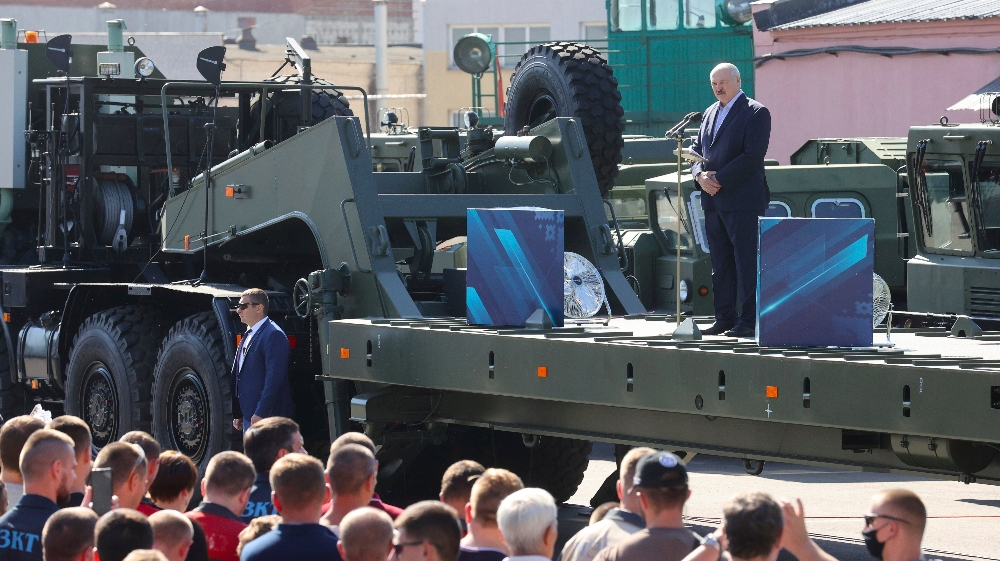People in nursing homes make up roughly 60% of coronavirus deaths in Connecticut, researchers report.
NATIONALIZE ELDER CARE UNDER MEDICARE
NO PRIVATE NURSING HOMES OR PRIVATIZED CARE GIVERS
By HealthDay News

Photo by Sabine van Erp/Pixabay
When COVID-19 was raging in the Northeastern United States, more than 25% of Connecticut nursing-home residents were suffering from the coronavirus, a new survey reports.
Nursing homes are very susceptible to the pandemic because the patients are elderly, living in close quarters and often have other medical conditions that make them more vulnerable to COVID-19, Yale School of Public Health researchers said.
Their survey found that 28% of 2,117 people tested in 33 nursing homes were infected with the virus. Testing was completed by mid-June.
"Nursing homes have been the epicenter of the disease in Connecticut, and much of the U.S. and Europe," said lead author Dr. Sunil Parikh, an associate professor of epidemiology and medicine at Yale.
RELATED Universal COVID-19 testing in nursing homes may limit transmission
"Without widespread testing of all residents, it would have been impossible to effectively institute proper infection control measures, such as isolating infected, uninfected and exposed residents from one another," Parikh said in a university news release.
People in nursing homes make up more than 60% of the COVID-19 deaths in the state, the researchers said.
Among 601 infected people, about 90% had no symptoms of the disease. Only a small number of them went on to develop symptoms, Parikh's team found.
RELATED Dementia gene might increase risk for serious COVID-19, study says
"This study also shows how quickly the virus can take hold in congregate settings, as the majority of nursing homes had over half of their residents test positive within a month of identifying their first case, despite standard infection prevention measures at the time," Parikh said. "Clearly, PPE and testing shortages, coupled with a symptom-based testing strategy, made it difficult to get a handle on these outbreaks early on."
The researchers also found:
Infections rates of at least 50% in 19 nursing homes.
Of 530 asymptomatic nursing home patients, 12% developed symptoms within 14 days.
Only three of the tested nursing homes had no positive cases.
"What we need to figure out now is the optimal frequency for repeat surveys of both residents and staff moving forward. Cases in nursing homes have now dramatically dropped, and we also need to rigorously assess the impact of point prevalence surveys on curtailing the outbreaks in these congregate settings," Parikh said.
RELATED Social isolation increases risk for COVID-19, other health problems, studies say
The findings were published in a research letter online recently in the Journal of the American Medical Association.
More information
For more on COVID-19, see the U.S. Centers for Disease Control and Prevention.
Copyright 2020 HealthDay. All rights reserved.

(0) Leave a comment
upi.com/7030735
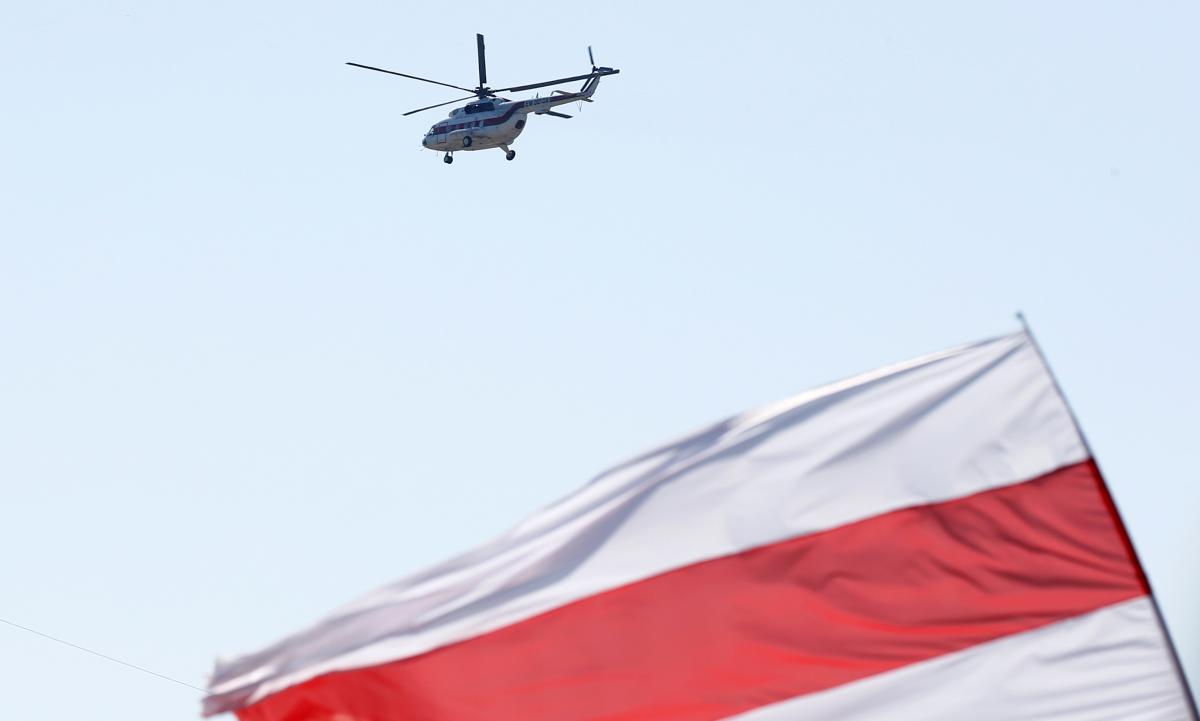


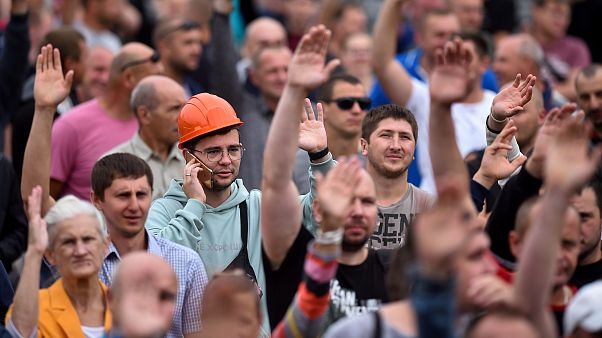
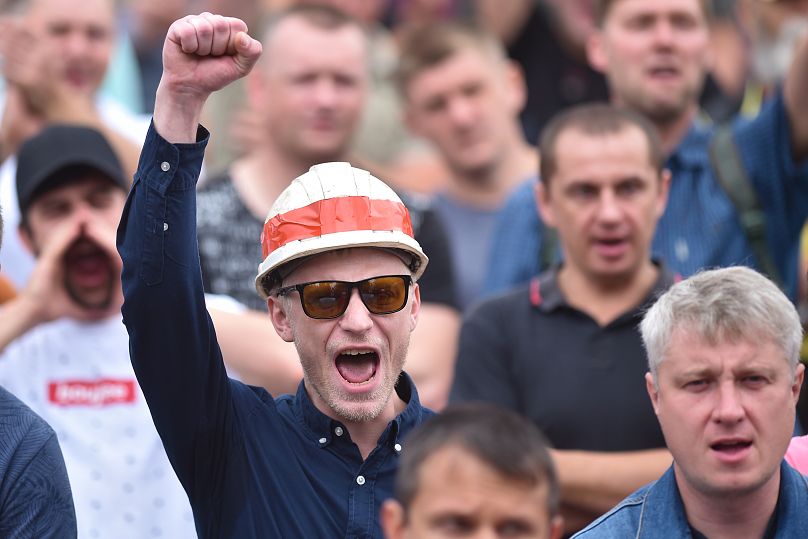
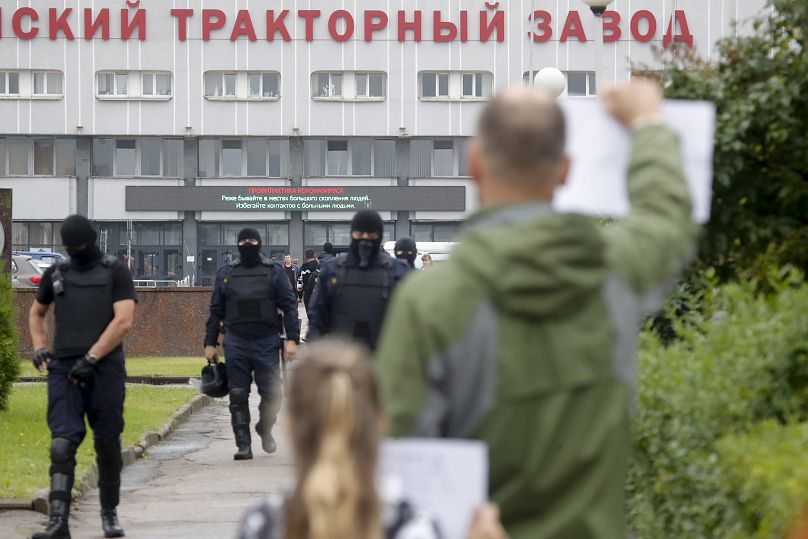
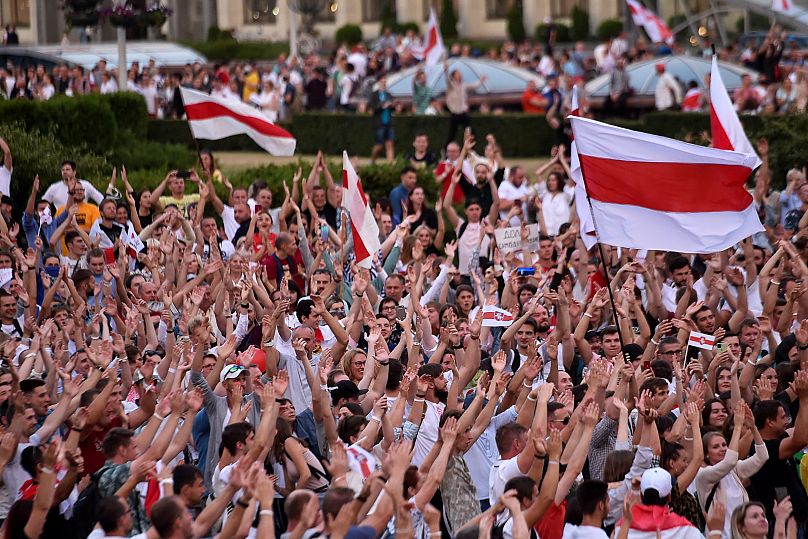
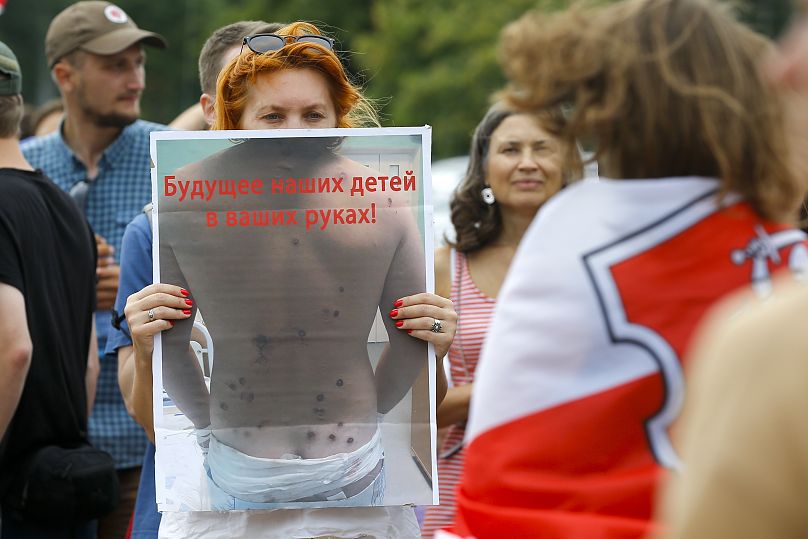
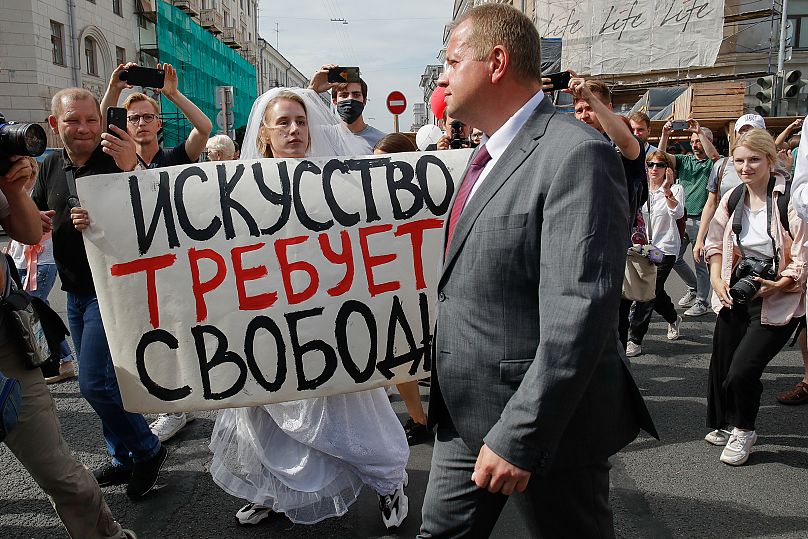
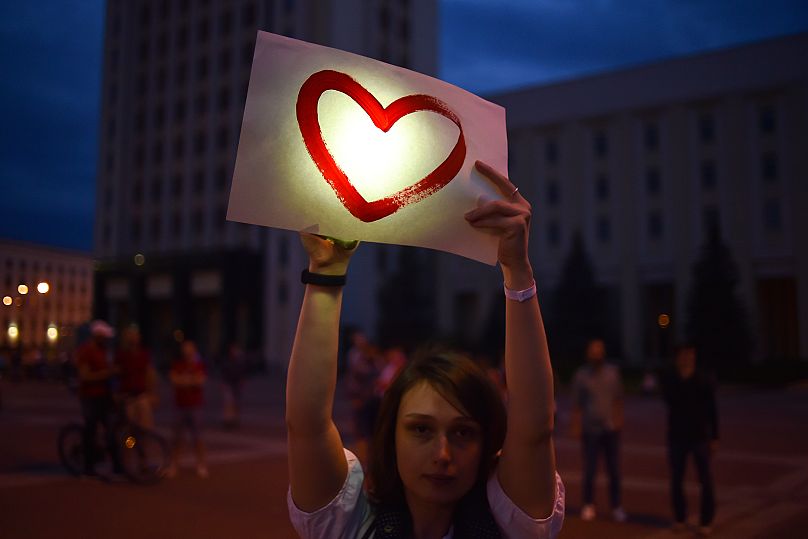
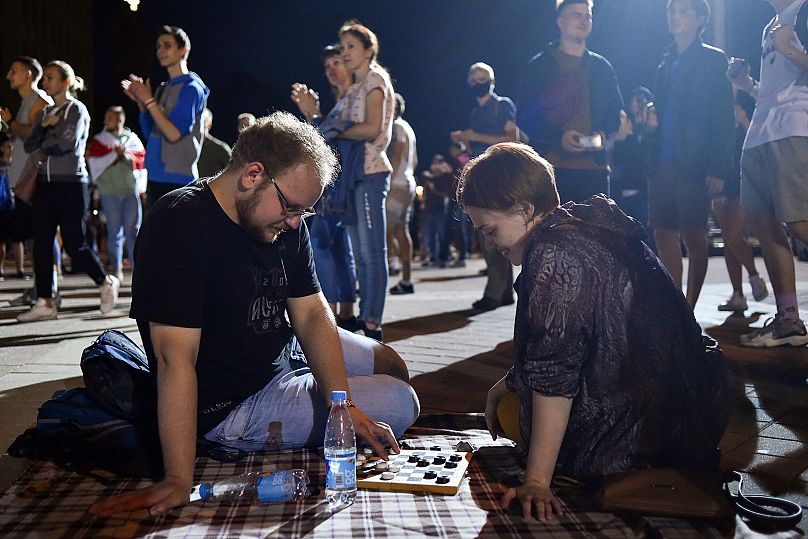
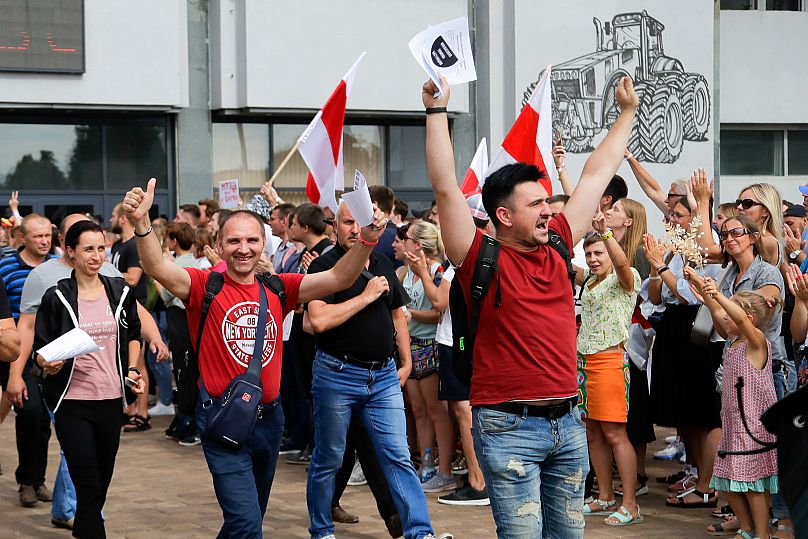
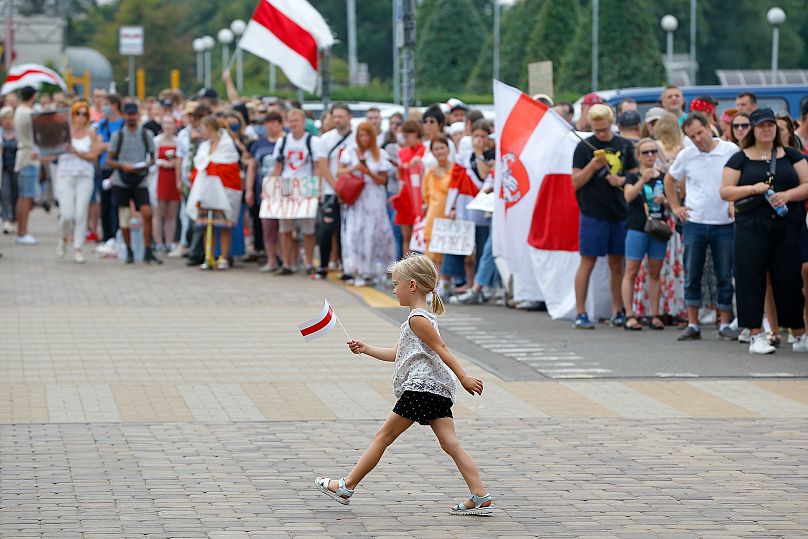









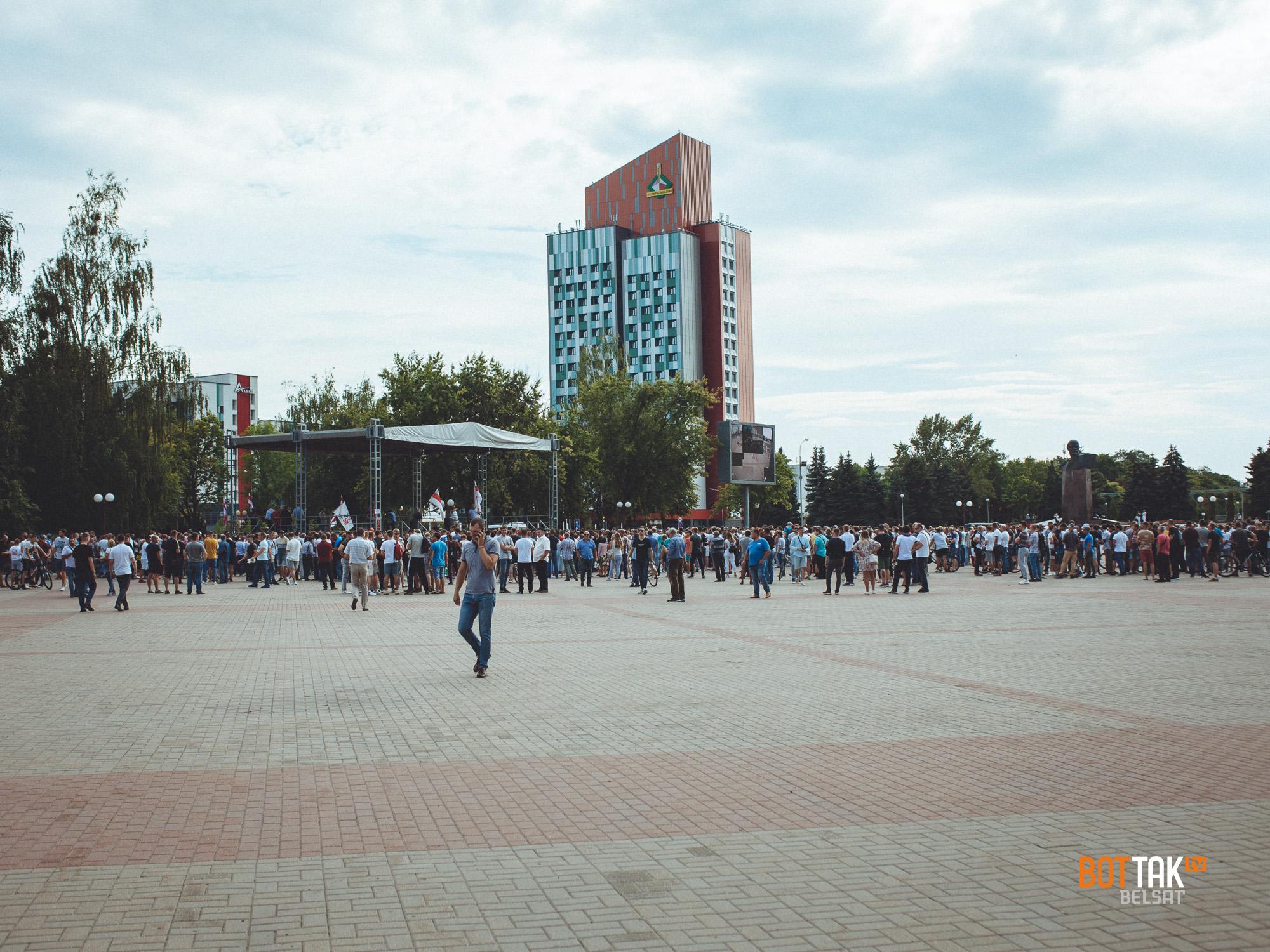



 © Natalia Fedosenko/TASS
© Natalia Fedosenko/TASS




